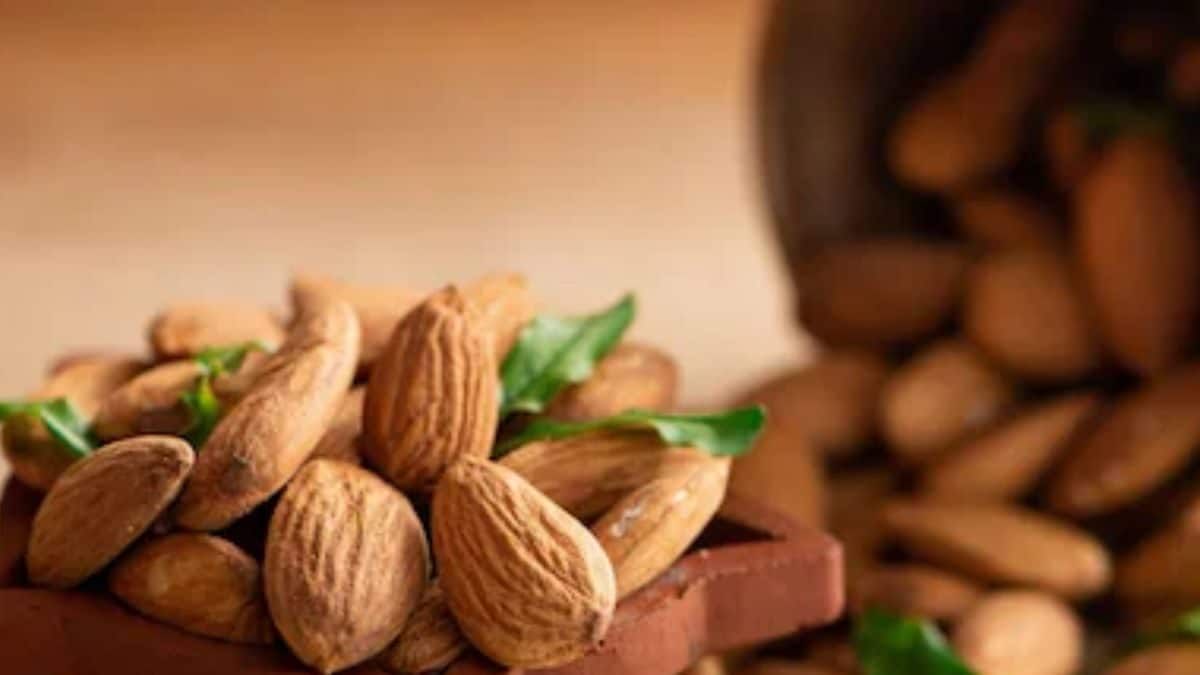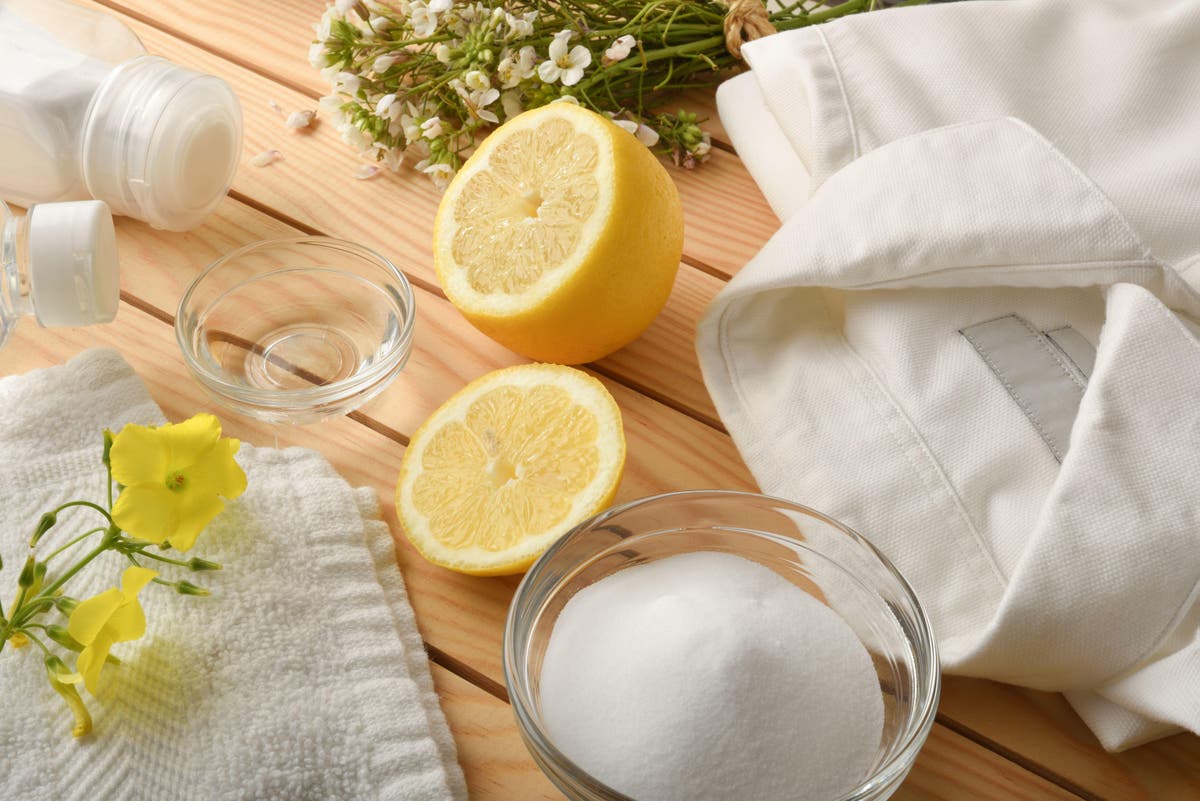Known for their healthy fats, dietary fiber and protein content, a handful of almonds should be a staple in your daily diet due to their numerous health benefits.
For vegans and vegetarians, meeting their protein needs can be a bit tricky since they don't get it from traditional sources like meat and dairy products. However, there's no need to worry.
Proteins are extremely important for our bodies as they play a crucial role in building and repairing tissues, producing enzymes and hormones, and supporting overall health. For vegans and vegetarians, meeting protein needs can be a bit tricky as they don't get them from traditional sources like meat and dairy products. However, there's no need to worry. There are plenty of delicious plant-based foods like almonds, lentils, chickpeas, and more that are packed with protein to help keep you healthy and strong. Dr. Rohini Patil, MBBS and nutritionist, shares five natural protein-rich foods that you can easily incorporate into your daily vegan or vegetarian diet to meet your nutritional needs.
- AlmondsIf you're looking for a versatile natural protein option, almonds are a great choice. Known for their healthy fats, dietary fiber, and protein content, a handful of almonds should be a staple in your daily diet due to their numerous health benefits. Did you know that each 30-gram serving of almonds contains six grams of protein, making them a satisfying snack that can sustain you throughout the day? A great way to incorporate almonds into your diet is by blending them with fruits and vegetables in smoothies or adding sliced or chopped almonds to salads and yogurts to add a nutritious crunch.
- PeasRich in various nutritional and bioactive components, peas offer numerous health benefits. In fact, peas are a notable source of protein, dietary fiber, and essential minerals. Overall, incorporating peas into meals can play a crucial role in managing lifestyle-related diseases related to the heart and blood sugar, making them a powerful addition to a healthy diet.
- BeansPacked with bioactive compounds, legumes are a nutrient-dense food and should be a regular part of your diet. Cooked legumes reportedly provide up to 25 g of protein in a half-cup serving, which is about 20 percent of the recommended requirement for adults. The good news is that there are numerous ways to incorporate this protein source into your diet – whether in soups, sandwiches or curries, legumes offer versatility and nutritional value.
- AmaranthAmaranth is a balanced food, known for its high protein content. Incorporating it into your regular diet can provide various health benefits, such as reducing blood glucose levels, improving conditions associated with hypertension and anemia, and strengthening the immune system.
- ChickpeasChickpeas are high in protein and offer several potential health benefits. When combined with other legumes and grains, they can help reduce the risk of several major diseases, including digestive disorders, type 2 diabetes, and cardiovascular disease. Other great protein-rich food options to consider include tofu, lentils, and quinoa, which offer substantial protein content along with a variety of health benefits. These versatile ingredients can be used in a number of recipes, making the transition to a vegan diet nutritious and tasty.












